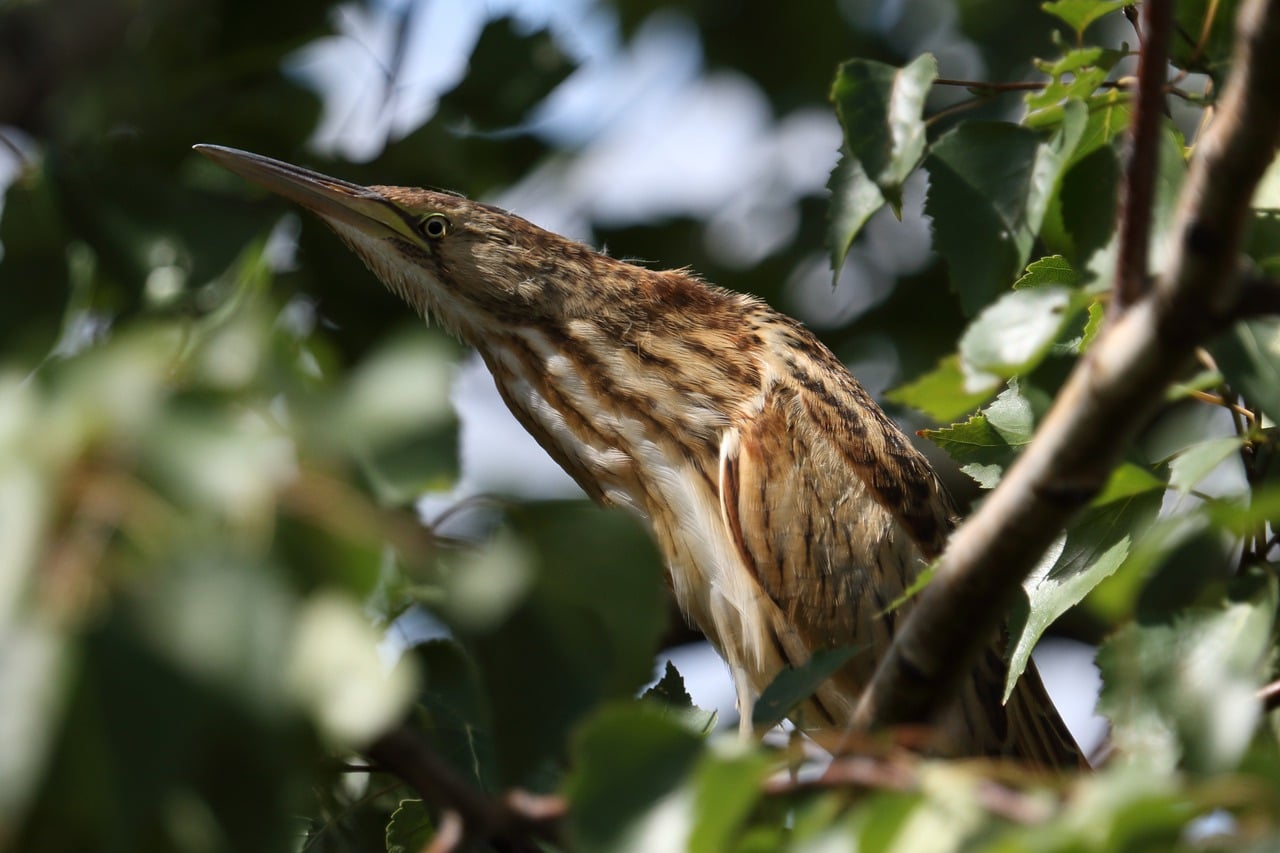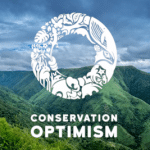Wondering what went right this week in the conservation world? We’ve got you covered with our Conservation Optimism Round-Up! Each week we are collating stories of optimism from around the globe so that you never miss your dose of Monday Motivation.
1. Wildlife Conservation Bond Boosts South Africa’s Efforts to Protect Black Rhinos and Support Local Communities
” Also known as the “Rhino Bond,” this five-year $150 million Sustainable Development Bond includes a potential performance payment from the Global Environment Facility (GEF), which will contribute to protecting and increasing black rhino populations in two protected areas in South Africa, the Addo Elephant National Park (AENP) and the Great Fish River Nature Reserve (GFRNR).”
🦏#ConservationOptimism news from South Africa 🇿🇦
— ipbes (@IPBES) March 25, 2022
A new #WildlifeConservationBond by @WorldBank and @theGEF was established to support #BlackRhino conservation
The bond will also create jobs for local communities through conservation-related employment.https://t.co/sbeWUsFchl pic.twitter.com/J82cwpE6pJ
2. Bitterns are booming! A record-breaking year for this wetland species
” Just last year a record 228 booming males counted in England and Wales, with over half on RSPB reserves! This is up from 209 in 2019, which itself was an increase from 189 in 2018″
The Bittern story is a brilliant example of what can be achieved for nature. Targetted work, including vast amounts of habitat creation & restoration, has also benefitted many other species, including us humans #RSPBEcology #conservationoptimism https://t.co/dSD3w2DNmy
— Kelly 🇺🇦 (@shorelinekelly) March 25, 2022
3. Carnaby’s cockatoos’ best breeding season on record credited to ‘perfect’ artificial breeding hollow
“One of Western Australia’s most threatened native birds has had its best breeding season on record thanks to the development of “perfect” artificial nests, according to conservationists.”
Best breeding season on record for one of Australia's most iconic yet threatened birds, Carnaby's Cockatoo! Despite the odds, artificial breeding hollows appear to have aided this bumper season & provide hope for future populations.#ConservationOptimism https://t.co/EnUQoMiTPN pic.twitter.com/Jjo6gHdm5i
— Mel dawson (@Meldawson6) March 25, 2022
4. New initiative to expand and strengthen the network of marine protected areas in Libya launched last week
“The new project, “Supporting management and expansion of Marine Protected Areas in Libya”, seeks to enhance protection of marine biodiversity by developing a national governance structure, alongside with new on-site management units, sustainable management plans, monitoring programmes and networks.”
#Libya is set to declare 30 new #ProtectedAreas to conserve wetland, #marine, and #coastal #biodiversity!
— Global Conservation Solutions (@_GCS_) March 22, 2022
Photo: Renaud Dupuy #wetlands #ocean #oceanconservation #blueplanet #stopextinction #nature #conservationoptimism #conservation #LetNatureThrivehttps://t.co/U0mCnAZlJN pic.twitter.com/Nc2kycq30c
5. 212 species of freshwater fish were described in 2021
“These species include nearly 100 from South America, 82 from Asia and 29 from Africa and the aptly named Wolverine Fish and Blind Eel”
2⃣1⃣2⃣ species of freshwater fish were newly identified last year, including this brightly coloured goby from Okinawa, Japan 🇯🇵
— Shoal (@Shoal_Org) March 24, 2022
Shoal today release a landmark New Species 2021 report detailing this guy, a fish called Wolverine, and much more.. Read on!👇https://t.co/statOFhdSG pic.twitter.com/yUDlKDjvEO
6. Indigenous land rights take center stage in a new global framework for biodiversity conservation
“Karl Burkart, Deputy Director of One Earth, says this is a critically important development: “If we truly want to achieve the top-level goal of the UN Convention — to save biodiversity and reverse the extinction crisis — we must simultaneously secure the land rights of Indigenous peoples and local communities at scale. We cannot achieve one goal without achieving the other.“
#Indigenous “rights-based conservation” can be the most effective at preserving biodiversity AND right historical wrongs, argues Karl Burkart @greendig, deputy director of One Earth, on @mongabay https://t.co/Ls7wotK8BX
— Erica Gies / SlowWater.World (@egies) March 24, 2022
7. Some Good News About Corals and Climate Change
” A nearly two-year-long study of Hawaiian corals suggests some species may be better equipped to handle warmer, more acidic waters than previously believed.”
Climate change news is not always bad news: "Some Good News About Corals and Climate Change." #ClimateOptimism https://t.co/bwQxLZHyl3
— Ben Rubin (@BenDRubin) March 24, 2022
Have a story to share for our weekly round-up? Use #ConservationOptimism on Twitter, Facebook, LinkedIn and Instagram!


